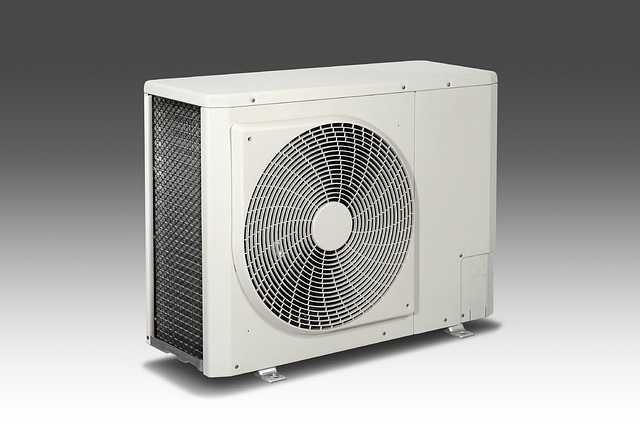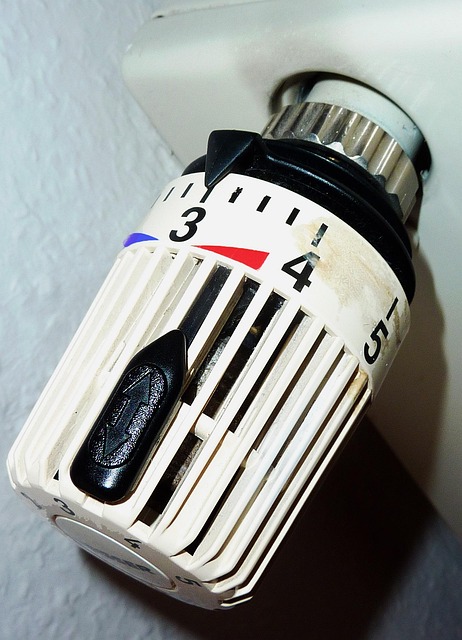Electric combination boilers (combi boilers) offer efficient space heating and instant hot water, but face challenges like corrosion and scale buildup due to water heating byproducts. Regular maintenance and stainless steel construction are key to mitigating these issues. Stainless steel's resistance to corrosion and scale buildup, durability, and thermal stability enhance performance and energy efficiency in both residential and commercial settings, making it ideal for hard water areas. Proper maintenance, including regular flushing, pressure monitoring, and damage checks, ensures optimal performance and extends the lifespan of electric combi boilers.
“Unveiling the secret behind efficient and durable electric combination boilers, this article delves into their remarkable resistance against corrosion and scale buildup. With a focus on stainless steel’s pivotal role, we explore how this material safeguards these boilers from internal aggressors.
From understanding the detrimental effects of corrosion and scale to uncovering maintenance practices that ensure longevity, this comprehensive guide empowers homeowners and professionals alike to keep electric combination boilers running optimally.”
- Understanding Corrosion and Scale in Electric Combination Boilers
- The Role of Stainless Steel in Preventing Corrosion and Scale Buildup
- Maintenance Tips for Longevity: Keeping Your Electric Combination Boiler Healthy
Understanding Corrosion and Scale in Electric Combination Boilers

Electric combination boilers, also known as combi boilers, are designed to provide both space heating and electric hot water on demand, making them a popular choice for modern homes and businesses. However, like any heating system, they face specific challenges related to corrosion and scale buildup.
Corrosion and scale are natural byproducts of water heating. In electric combi boilers, these issues can impact the efficiency and lifespan of the appliance. Corrosion, often caused by impurities in the water supply, can erode metal components, while scale—a mineral deposit—can restrict water flow and reduce heat transfer. This is particularly relevant for tankless electric boilers and other compact boiler systems, where lack of a traditional storage tank might make it harder to manage these issues over time. To maintain optimal performance, regular maintenance and the use of water treatment solutions are recommended for residential electric heating, commercial spaces, and even energy-efficient electric HVAC boilers.
The Role of Stainless Steel in Preventing Corrosion and Scale Buildup

Stainless steel plays a pivotal role in the design of modern electric combination boilers, offering an effective solution to combat corrosion and scale buildup. This durable material is renowned for its exceptional resistance to both chemical and physical damage, ensuring the long-term performance and reliability of the boiler. By utilizing stainless steel, manufacturers can create robust heating systems, such as tankless electric boilers and compact boiler systems, that are well-suited for residential electric heating and commercial space heating applications.
In the context of electric combi boilers and other combination heating systems, stainless steel’s natural properties prevent mineral deposits and corrosion from forming on internal surfaces. This is especially beneficial in hard water areas where scale buildup can be a significant issue. The smooth, non-porous surface of stainless steel hinders the adhesion of minerals, ensuring efficient heat transfer and maintaining optimal performance of electric central heating systems. Moreover, these materials’ excellent thermal stability contributes to energy efficiency, as they can withstand high temperatures without compromising structural integrity, thereby enhancing the overall effectiveness of electric HVAC boilers.
Maintenance Tips for Longevity: Keeping Your Electric Combination Boiler Healthy

Proper maintenance is key to ensuring your stainless-steel electric combination boiler remains corrosion and scale-free for years to come. Regular cleaning and check-ups are essential, especially in hard water areas where mineral build-up can accelerate. Start by flushing the system periodically to remove any sediment or debris that may have accumulated. This simple step goes a long way in maintaining optimal performance and extending the boiler’s lifespan.
Additionally, keep an eye on pressure levels and ensure they stay within the recommended range. Many modern electric combi boilers come with smart features that monitor this, but manual checks aren’t harmful. Regularly inspect connections and joints for any signs of damage or corrosion, addressing them promptly to prevent leaks and further issues. With proper care, your combination heating system will provide efficient space heating and electric hot water without the worry of premature failure.
Electric combination boilers, thanks to their stainless-steel construction, offer a robust solution against corrosion and scale buildup. By understanding these issues and implementing proper maintenance practices, homeowners can ensure these efficient appliances last for years. Regular care, including flushing and cleaning, is key to maintaining optimal performance and extending the lifespan of your electric combination boiler.
